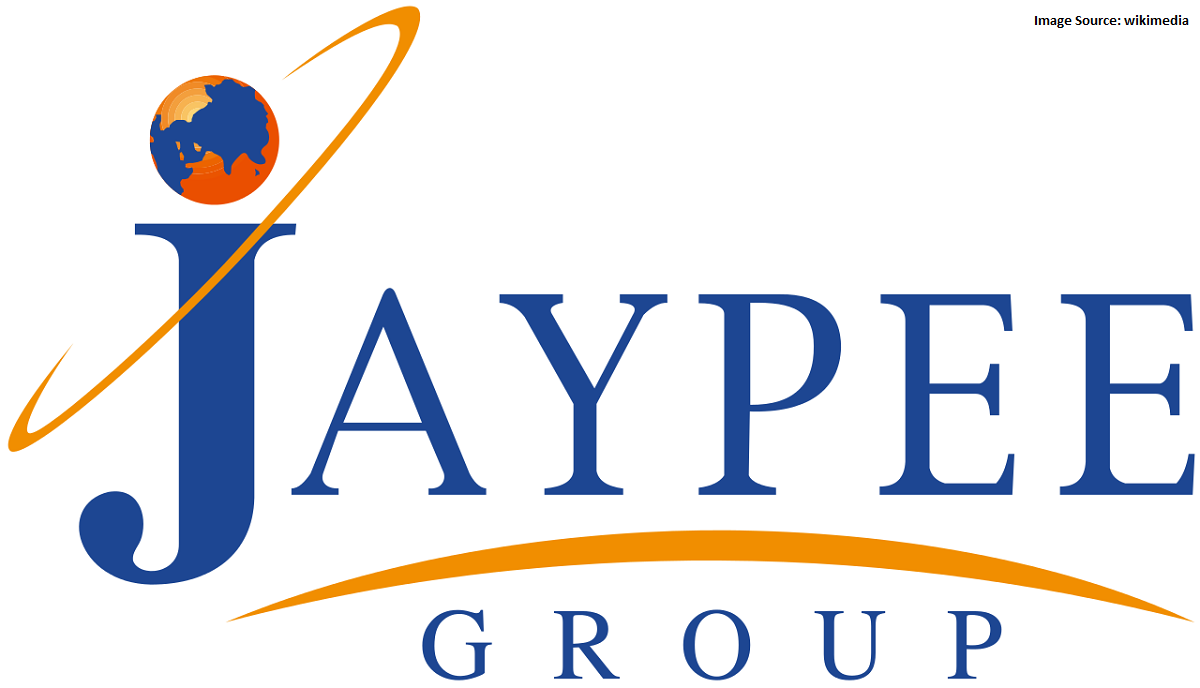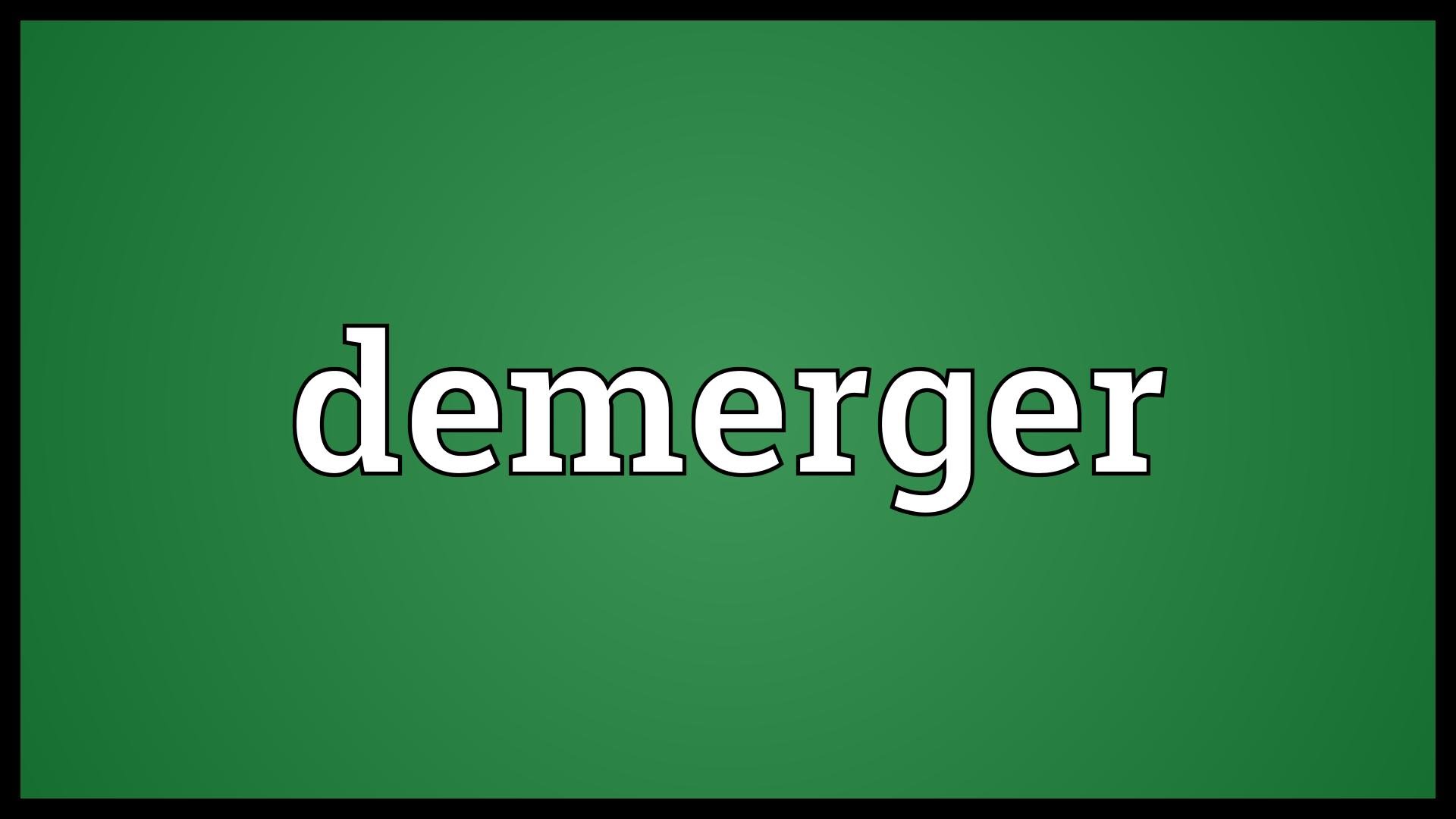Russia sold a €10.2-billion ($11 billion) stake in its largest oil producer to commodity trader Glencore Plc and Qatar’s sovereign wealth fund in a triumph for President Vladimir Putin, who announced the deal on state television personally.
In a surprise deal that comes despite US and European Union sanctions against Russia, the buyers will share a 19.5% stake in state-run Rosneft PJSC, which pumps almost 5 million barrels a day. The biggest foreign investment in Russia since the crisis in Ukraine, it also marks a stunning return to deal-making for Glencore chief executive officer Ivan Glasenberg little more than a year after his company was forced to raise cash from shareholders.
Glencore said in a statement it would commit €300 million in equity, with the rest coming from the Qatar Investment Authority—itself Glencore’s largest shareholder—and bank financing. Glencore said the deal was still in “final-stage negotiations” and would likely close in mid-December. The QIA declined to comment. Putin put the total deal value at €10.5 billion. It wasn’t immediately clear why that figure differed from the price Glencore cited.
“The deal became possible only thanks to your personal contribution,” Rosneft CEO Igor Sechin told Putin on Russian television. The company held talks with more than 30 potential buyers from Europe, America, Asia and the Middle East, he said.
Putin touted the deal as one of the “largest acquisitions in the oil and gas sector in the world in 2016.” “The negotiated price is in our view the maximum possible with the minimum discount of five percent to market prices,” Sechin said. “One of the largest European banks” will provide financing, he added, without specifying which one.
Russia is selling assets to raise money after the collapse in oil prices sapped government revenue. Putin had said in October that, in the absence of buyers willing to pay an acceptable price, Rosneft might buy back its own shares.
Rosneft shares added 6.4% to 378.95 rubles as of 10:11 am Moscow time. “What can I say? It’s super and very surprising,” said Andrey Polischuk, an analyst at Raiffeisen Bank in Moscow. “It’s a good signal for Rosneft investors as Sechin has managed to find the buyers and the company will avoid huge spendings on buying back its own shares.”
Mining footprint
The deal marks the third big acquisition for Glasenberg after he led the takeover of mining company Xstrata and grain merchant Viterra. Glasenberg has transformed Glencore, which he floated only five years ago, into a commodities trader with a huge mining footprint and, now, a large oil production base.
Glencore is a longtime investor in Russia, with a 25% stake in RussNeft PJSC, a mid-sized oil producer, as well as substantial agricultural holdings and a stake in aluminum giant United Co. Rusal. It also participated, along with Vitol SA, in a $10 billion prepayment deal with Rosneft for crude supplies in 2013.
But in a sign of the political sensitivity of dealing with Rosneft, which is subject to western sanctions, Glencore said it would be “fully ring-fenced” from exposure to the Russian state company, outside of a 0.54% “indirect equity interest.” The bank financing in the deal will not include recourse to its balance sheet, Glencore said. The agreement also includes a new five-year supply deal with Rosneft for 220,000 barrels a day of crude, a boost for Glencore, which last year lost its status as the top trader of Russian crude.
“Glencore wasn’t scared off by sanctions because this company has long worked in Russia and earns an awful lot here,” said Konstantin Simonov, president of the National Energy Security Foundation, a Moscow think tank. “And the fact that a European bank gave the loan shows the Europeans are no longer scared” to lend despite sanctions, he added.
On Qatar’s part, the deal marks a rare venture of an Opec member into Russia, the world’s second-largest oil producer. Moscow has joined forces with Opec, saying last week it will cut output by 300,000 barrels a day to add the 1.2 million barrels a day that the oil-producers group announced. Qatar played a key role in the Opec cut, acting as a go-between Saudi Arabia, Iran and Iraq and hosting meetings including oil ministers from Riyadh and Moscow.
In his comments Wednesday, Putin noted that the deal was completed “amid the rising trend in oil prices,” which helped boost Rosneft’s value. Putin played a major role in that uptrend in recent weeks, helping negotiate the pioneering Opec deal.
“Putin surprised everyone,” said Simonov. “This is a classic Putin scheme where he divides it up among various interested parties,” he added. Russia will retain a controlling stake in Rosneft after the deal. BP Plc owns a 19.75% stake in the company.
Russia raised more than $5 billion by selling its stake in oil company Bashneft PJSC to Rosneft in October. Sechin, Putin’s longtime ally, persuaded the government that selling his company’s shares after absorbing the Bashneft stake would attract foreign buyers and ultimately boost the price.
China, India
China and India expressed interest in Rosneft shares earlier this year, without making a formal bid. Financial institutions, oil traders and Japanese investors also showed interest, according to Russia’s Economy Ministry, though no offers were announced.
The Rosneft sale was to be the keystone of the government’s privatization program this year, bringing in more than 700 billion rubles to help narrow the budget deficit. The government is counting on getting the cash before the end of the year, officials said.
The transaction is so big that Putin specifically asked Sechin to work with the Finance Ministry and central bank to ensure that it doesn’t destabilize the currency market when the proceeds are converted into rubles. The ruble gained against the dollar in late trading after the deal was announced.
Recent Articles on M&A
Source: Mint




